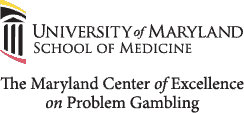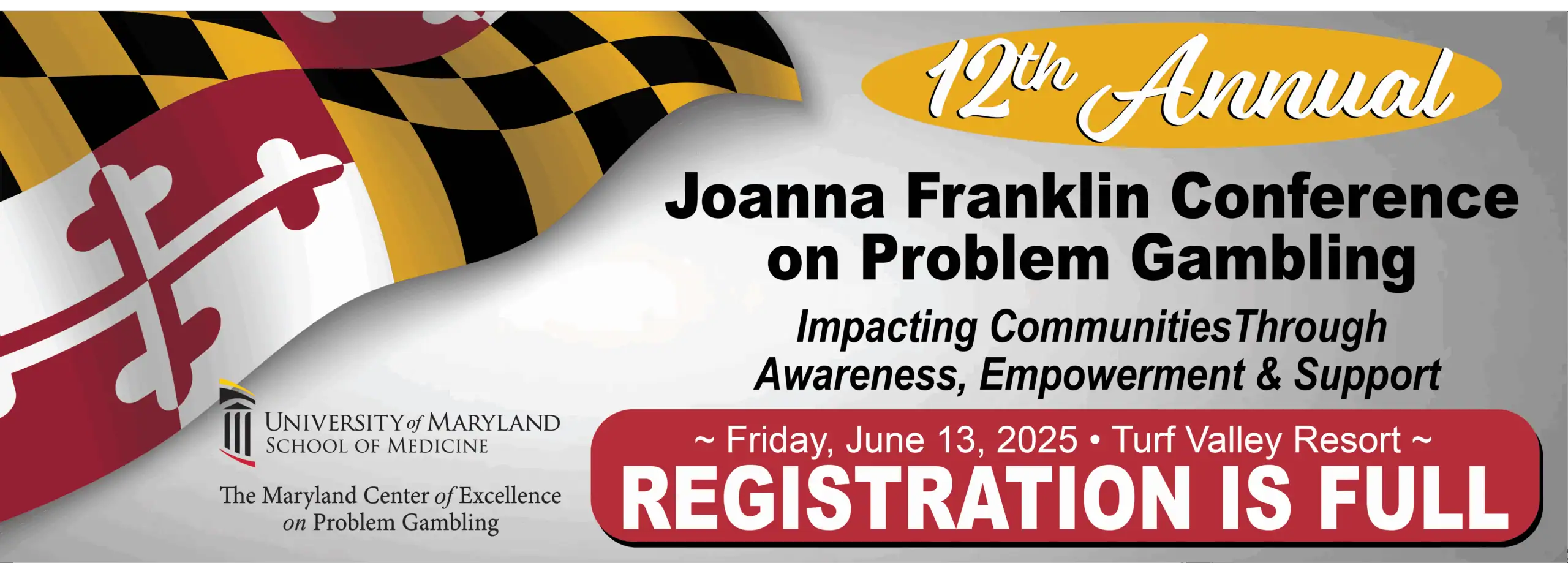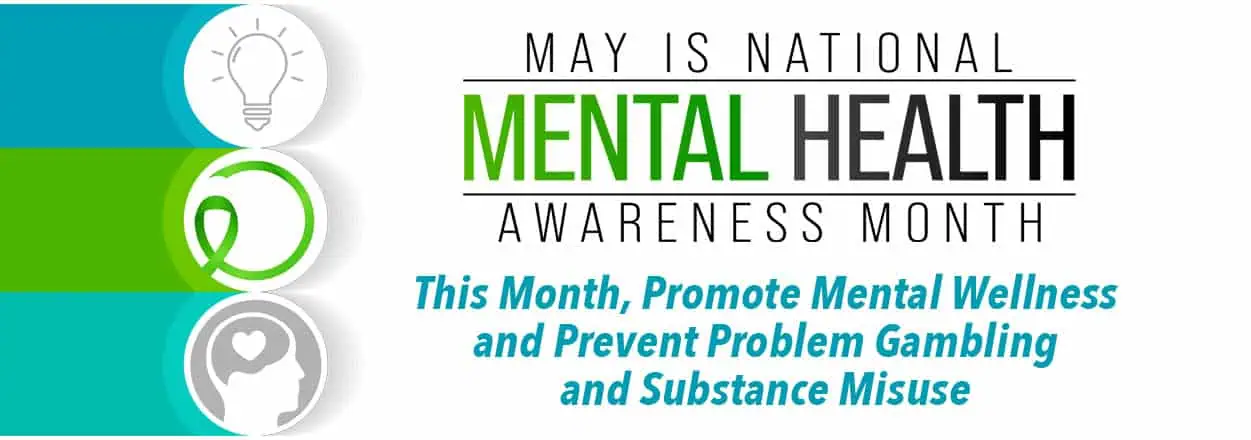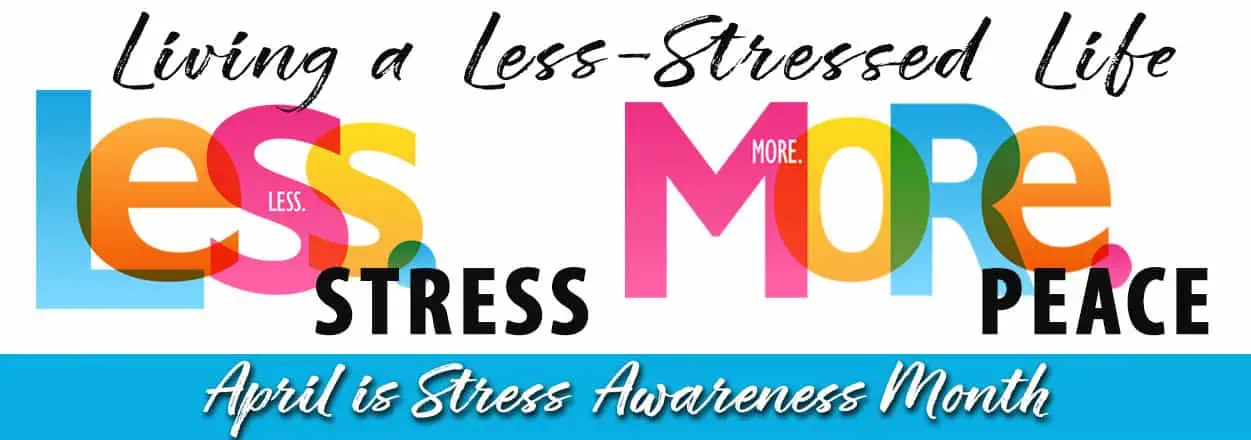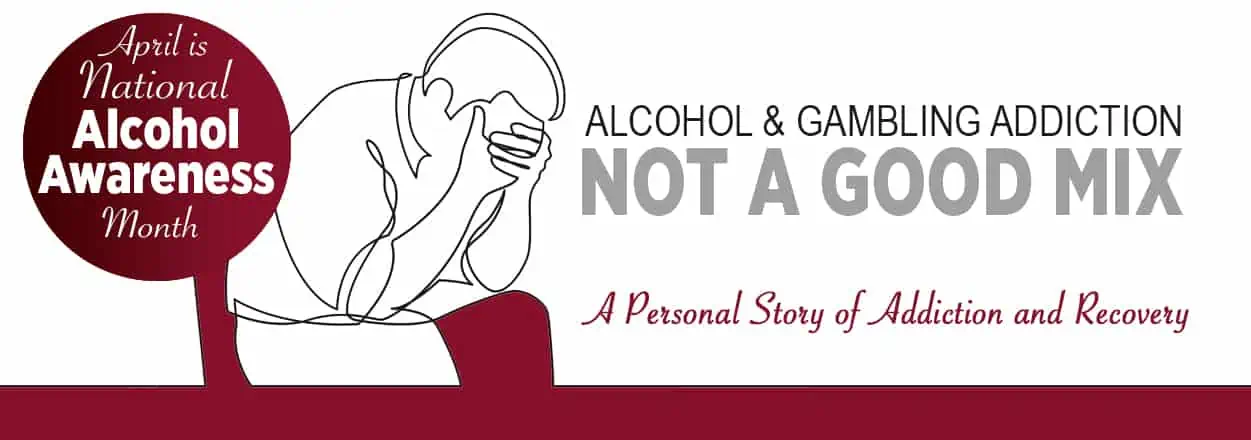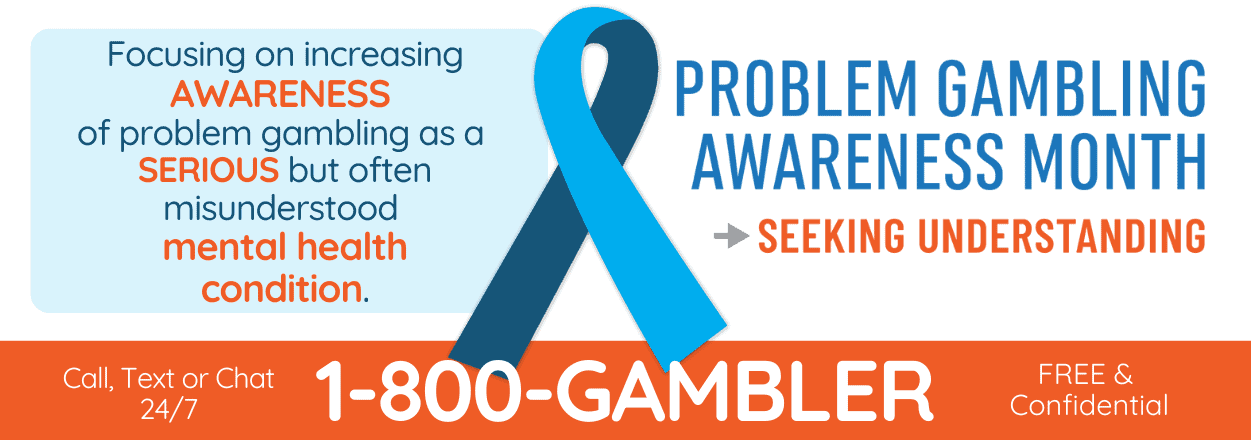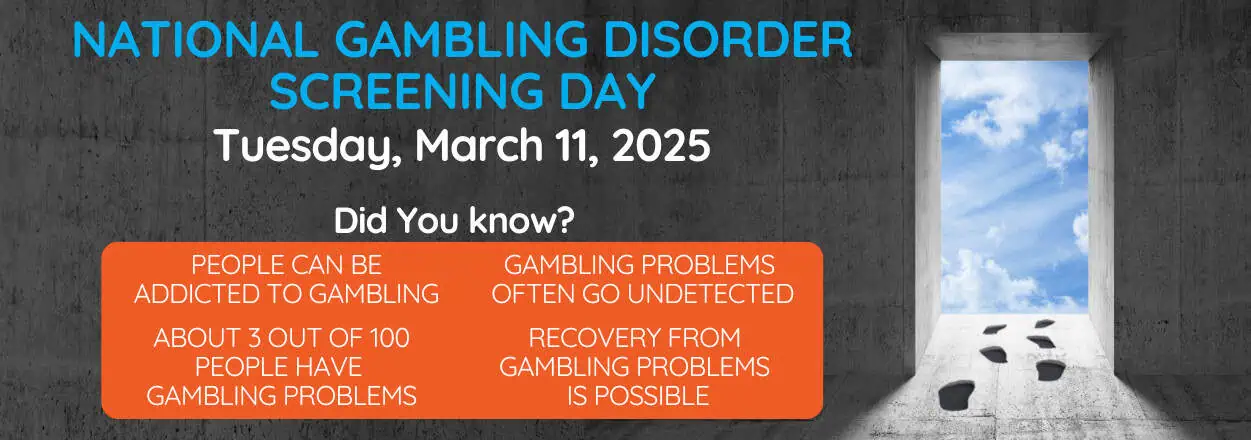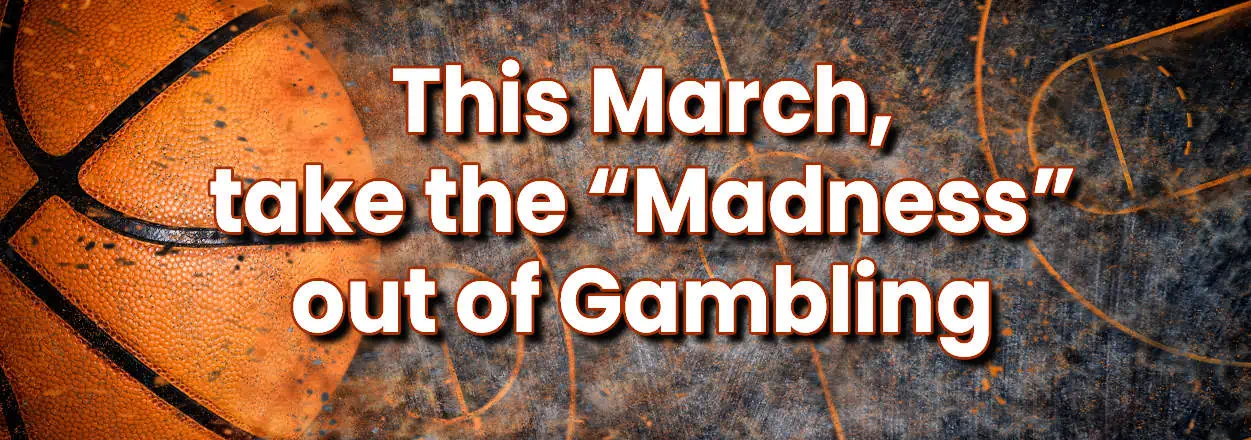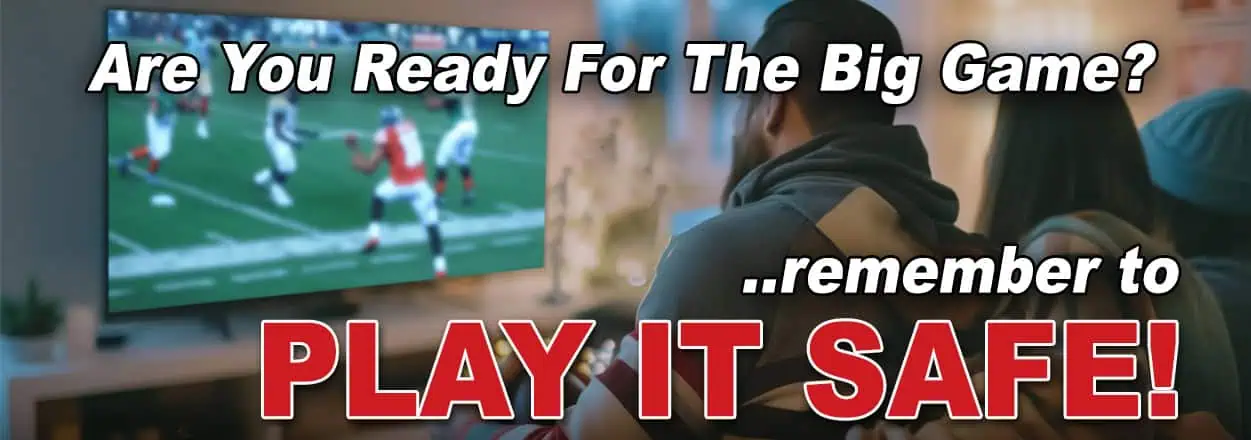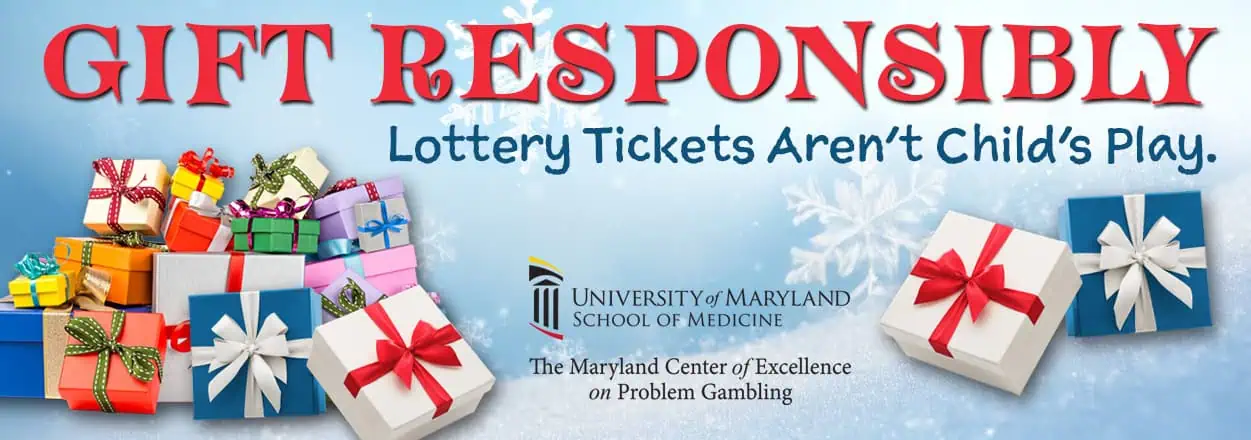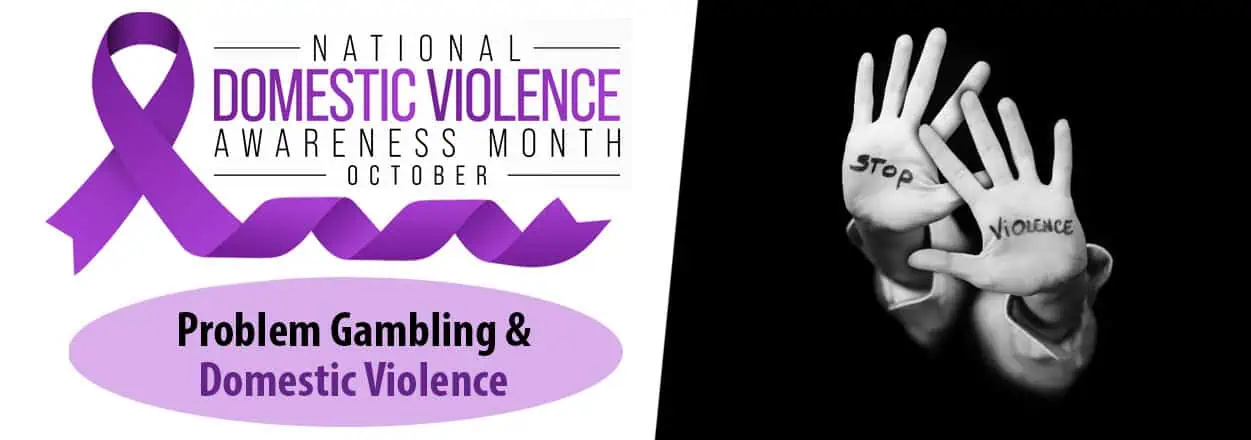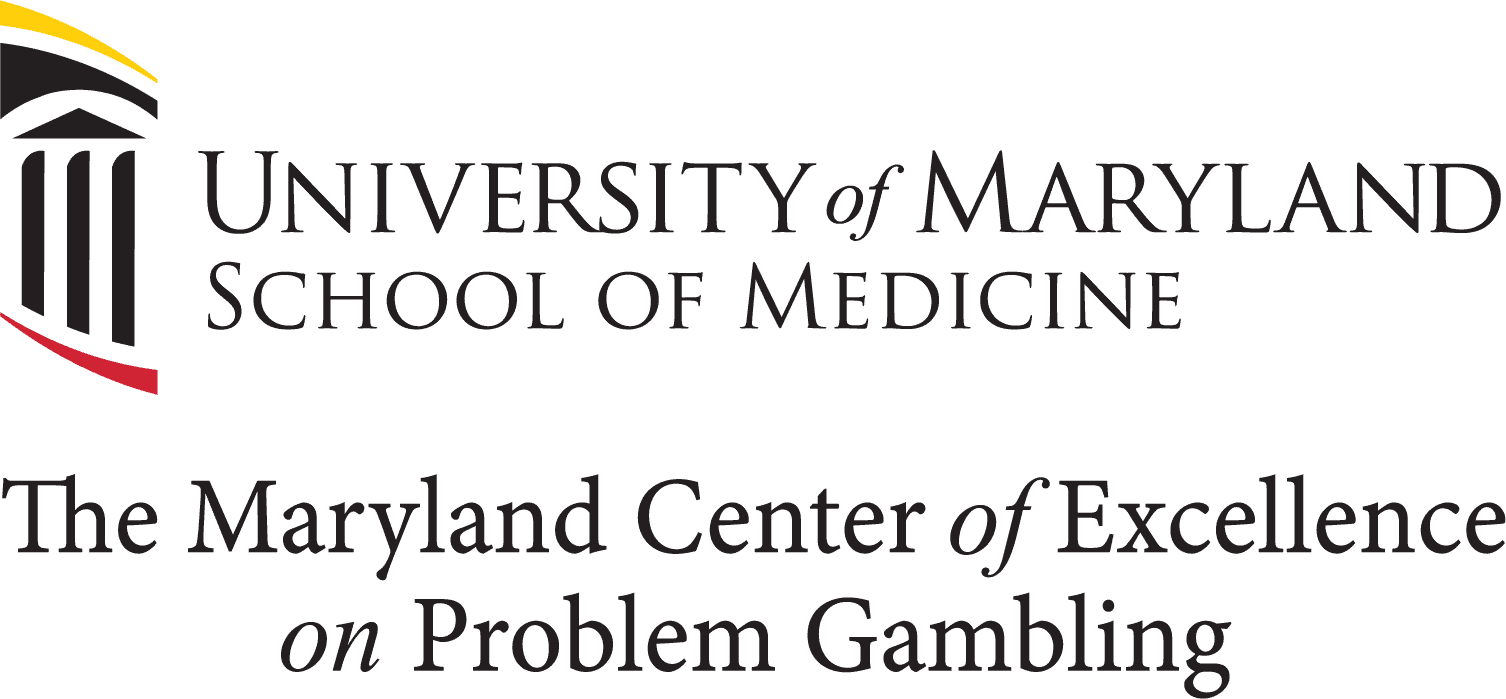12th Annual Conference on Problem Gambling
May 11, 2025
Register Now: Friday, June 13, 2024. We are excited to invite you to save the date for our 12th Annual Maryland Conference on Problem Gambling.
May is Mental Health Month
May 6, 2025
This May during National Mental Health Month, take a mental health break to recognize an opportunity to share the importance of care in our relationships ...
Live a Less-Stressed Life
April 2, 2025
Start today and acknowledge that stress happens. By implementing self-care tools, you and your family can minimize stress and enjoy a healthier, happier life.
Alcohol and Gambling Addiction – Not a Good Mix!
April 2, 2025
April is Alcohol Awareness Month, a national public health awareness campaign developed to increase awareness and understanding of the causes and treatment of alcoholism. Established ...
March is Problem Gambling Awareness Month
March 2, 2025
Each March, the Center actively promotes Problem Gambling Awareness Month, a grassroots public awareness and outreach campaign established by the National Council on Problem Gambling ...
Screen for Gambling Disorder
March 1, 2025
The Maryland Center of Excellence on Problem Gambling (the Center) is committed to increasing the capacity of mental health/behavioral health care treatment and prevention programs ...
This March, take the “Madness” out of Gambling
February 27, 2025
It’s March and basketball “madness” abounds! It’s known that more and more states are discussing and passing sports legislation. The American Gambling Association AGA, estimated ...
If you bet – PLAY IT SAFE!
February 3, 2025
This Sunday, February 9th, 2025, is the 59th occurrence of football’s Biggest Game, one of the most celebrated sporting events of the year. Along with ...
Gift Responsibly. Lottery Tickets Aren’t Child’s Play
November 20, 2024
Many view gifting lottery tickets as harmless fun for any age that adds a touch of excitement in the anticipation of possibly wining money. However, ...
Problem Gambling and Domestic Violence
October 1, 2024
For most, gambling can be a fun, leisure activity. But for some, gambling can get out of control; it can become problematic and addictive. It ...
